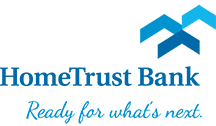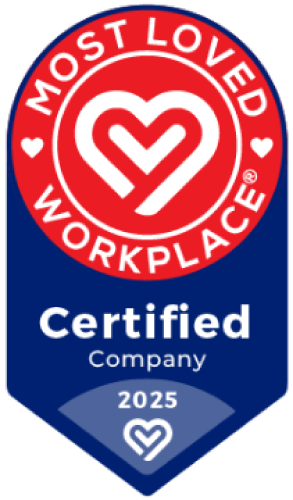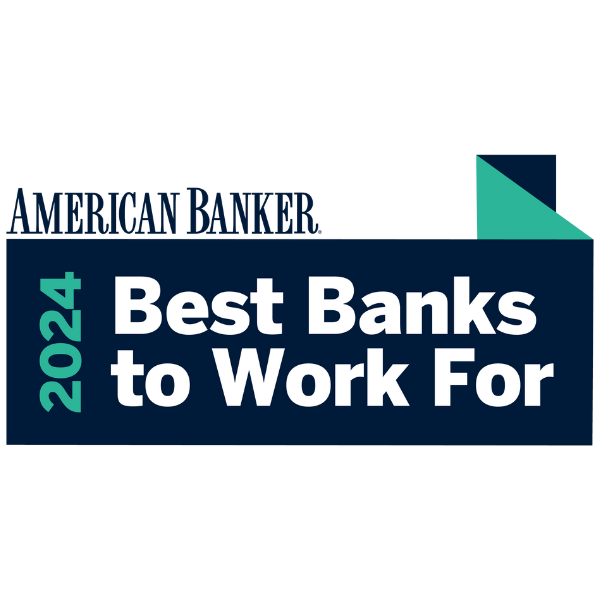Mortgages and Federal Funding Rates
Maybe you’ve seen a headline that said, “The Fed is raising interest rates”—but what does that mean for you as a consumer?
At its simplest, the Federal Reserve rate determines what it costs for financial institutions to borrow money. The higher the rate, the higher the cost, and these costs then get passed down to consumers in the form of loan interest rates.
What the Federal Reserve Rate Influences
Credit cards, auto loans, personal loans, home equity loans, and adjustable-rate mortgages are all directly influenced by the Federal Reserve rate. If the Fed raises the rate, you can expect interest rates on these loans to rise. On the plus side, savings accounts and certificates of deposit will see an increase as well.
It’s also important to note that the rates your lenders offer are probably going to be higher than the rate set by the Fed. The actual number will vary based on the lender, your credit score, and the size of the loan.

What the Federal Reserve Rate Does Not Influence
One thing that will not be directly affected is fixed-rate mortgages. These are not directly tied to the Federal Reserve, but rather the 10-year Treasury yield. Based on the demand for Treasury notes, investment rates rise and fall, which changes how much home buyers have to pay for their mortgages.
It’s worth noting, however, that since the economic variables that impact the Federal Reserve impact the rest of the financial world, you’ll likely see an increase in mortgage rates when the Fed rates start to rise.
In short, when the Fed changes interest rates, fixed-rate mortgages aren’t directly affected. Adjustable-rate mortgages and other kinds of loans will rise and fall according to federal rates. You’ll want to keep this in mind when you’re shopping for your new loan.
Ready for What’s Next?
Have questions? Ready to start building a relationship with one of our experienced bankers?










